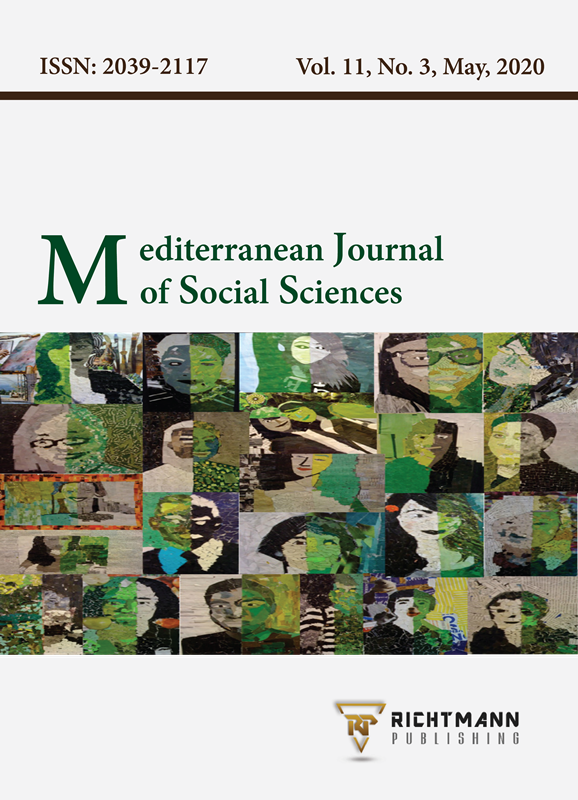Is All Fair in Distancing Human Rights from Customary International Law Rule on State of Necessity?
DOI:
https://doi.org/10.36941/mjss-2020-0029Abstract
The international human rights law theory and practice traditionally follow the path of distancing human rights from the state of necessity under general international law. The existence of derogation clauses contained in major human rights treaties excludes the possibility for States parties to invoke the customary rule on necessity to excuse non-compliance with the obligations under such treaties (the narrow distancing approach). Presently, a broader distancing approach, covering human rights obligations outside the treaties’ derogation regimes, is evolving employing certain alternative grounds for departure from human rights obligations. The article argues that the way the broader distancing approach evolves raises doubts as to its conformity with its intrinsic rationale. To address this concern a due account should be taken of the pro homine reasoning for distancing human rights from the state of necessity. The present paper is a part of a larger project “Circumstances precluding wrongfulness of conduct: the analysis of functional role and applicability parameters in the framework of International Human Rights Law” supported by the Russian Foundation for Basic Research (RFBR Grant No. 18-011-00660).
Downloads
Downloads
Published
Issue
Section
License
This work is licensed under a Creative Commons Attribution-NonCommercial 4.0 International License.











